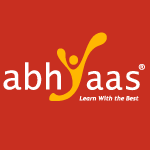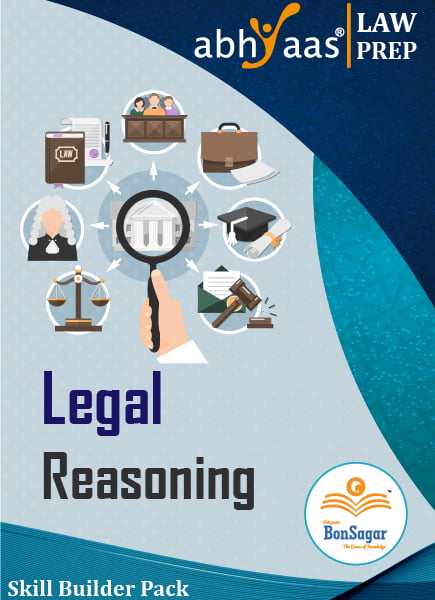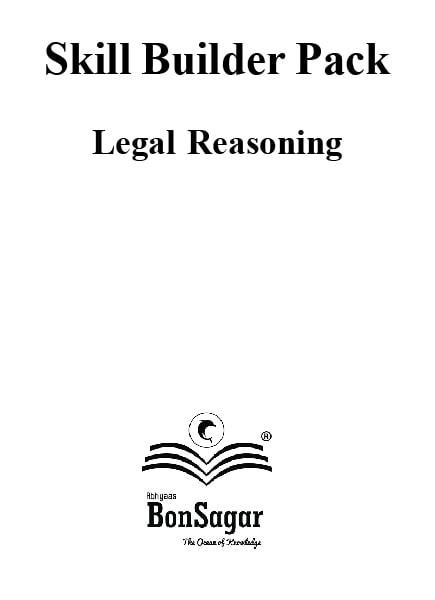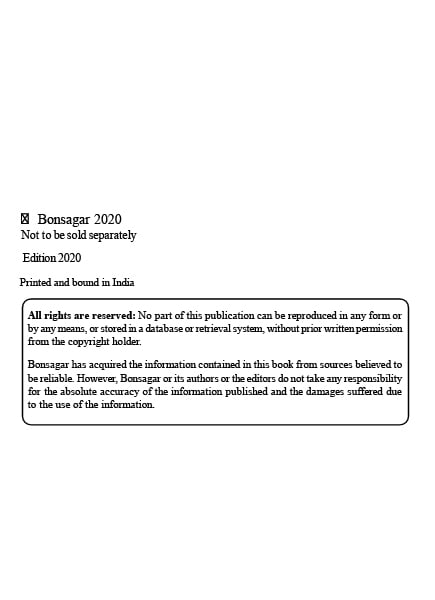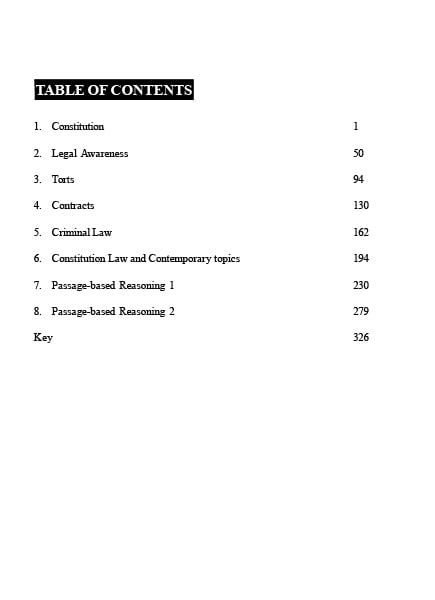
The Road to IELTS Reading Success
Introduction
The International English Language Testing System (IELTS) stands as a widely acknowledged assessment tool for evaluating the language skills of individuals who aren’t native English speakers. Among its integral segments, the IELTS Reading section holds significant importance, necessitating adept strategies and diligent preparation. Within this discourse, we shall delve into diverse tactics and methodologies aimed at facilitating triumph in the IELTS Reading component, empowering test-takers to approach the assessment with heightened assurance and readiness.
Understanding the IELTS Reading Test
Before delving into techniques and practice, it is essential to comprehend the structure of the IELTS Reading test. The test consists of three passages with a total of 40 questions. The passages are taken from books, newspapers, journals, and magazines, covering a range of topics. Each passage becomes progressively more challenging, and candidates have 60 minutes to complete the entire section.
Techniques for IELTS Reading Success
Skimming and Scanning :
Skimming and scanning are two fundamental skills that can significantly improve reading efficiency. Skimming involves quickly glancing through the passage to get an overview of the main ideas, while scanning involves searching for specific information. These techniques are vital for saving time and identifying key details.
Understanding Question Types :
Familiarizing yourself with the different question types in the IELTS Reading test is crucial. Common question types include multiple-choice, True/False/Not Given, matching headings, and sentence completion. Knowing how to approach each type helps in formulating effective strategies during the test.
Time Management :
Time management is a critical aspect of success in the IELTS Reading section. Candidates must allocate their time wisely to ensure they have sufficient minutes for each passage and set of questions. Practice with timed mock tests can help develop a sense of pacing.
Vocabulary Enhancement :
A rich vocabulary is a valuable asset in comprehending complex passages. Candidates should focus on expanding their vocabulary by regularly reading diverse materials, learning synonyms, and understanding word forms. This not only aids in better understanding but also assists in tackling unfamiliar words during the test.
Contextual Understanding :
Developing the ability to understand the context of a passage is essential for answering questions accurately. By grasping the main idea and supporting details, candidates can navigate through questions more effectively. Practicing with a variety of passages on different topics enhances contextual understanding.
Practice Strategies for IELTS Reading
Regular Mock Tests :
Consistent practice through mock tests is indispensable for success in the IELTS Reading section. Mock tests simulate the exam environment, allowing candidates to familiarize themselves with the format, time constraints, and types of questions. Regularly taking full-length practice tests helps build endurance and confidence.
Review and Analysis :
After completing a mock test, reviewing and analyzing the answers is crucial for improvement. Identify areas of weakness, understand the reasons for incorrect answers, and learn from mistakes. This process helps in refining strategies and addressing specific challenges.
Diverse Reading Materials :
To excel in the IELTS Reading test, exposure to a variety of reading materials is essential. Candidates should read newspapers, articles, academic journals, and literature to adapt to different writing styles and topics. This diverse exposure contributes to better comprehension and interpretation of passages during the actual test.
Group Study and Discussion :
Engaging in group study sessions or discussions with peers preparing for the IELTS Reading test can be beneficial. Explaining answers to each other, discussing different perspectives, and sharing strategies enhance understanding and provide valuable insights.
Time-Bound Practice :
While regular practice is essential, incorporating time constraints into practice sessions is equally important. Setting a timer and adhering to the allotted time for each passage helps candidates develop a sense of urgency and trains them to manage time effectively during the actual test.
Conclusion
Achieving success in the IELTS Reading section requires a combination of effective techniques and dedicated practice. Skimming and scanning, understanding question types, time management, vocabulary enhancement, and contextual understanding are key techniques that can significantly enhance performance. Regular mock tests, review and analysis, diverse reading materials, group study, and time-bound practice are effective practice strategies that contribute to confidence and proficiency.
By consistently applying these techniques and engaging in focused practice, candidates can embark on the road to IELTS Reading success, equipped with the skills and confidence needed to excel in this crucial component of the IELTS examination.
